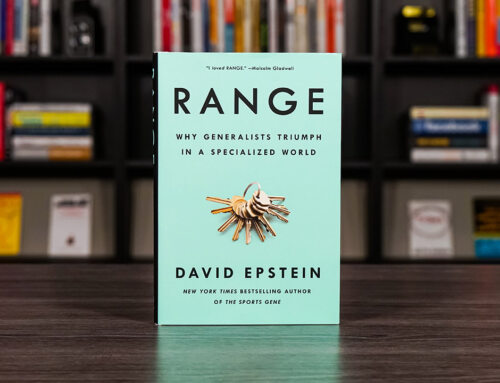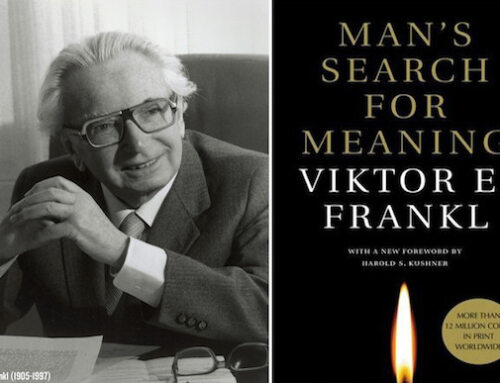I’ve never cared much about being “rich” in the traditional sense of the word.
The wisdom cautioning against financial wealth is abundant, and is summarized by the Bible’s famous but often mis-quoted verse: “The love of money is the root of all kinds of evil.”
But I’ve learned my lesson the hard way: not being financially prudent and earning your fair share of wealth carries a high price practically and psychologically.
I’m learning to challenge and nuance my beliefs about the corrupting power of money. That’s why in the last 2 years I’ve begun to invest and work harder to earn the extra buck. All that led to reading I Will Teach You To Be Rich by Ramit Sethi, one of many books I heard about on the Art of Manliness podcast.
The first thing I’ll say is that this book is refreshing. What Mark Manson is to life-advice and psychology, Ramit Sethi is to money. He talks like an everyday guy and makes money as interesting – or at least as relevant – as possible. He challenges some of the common finance guru advice, but backs up what he says. To be fair, I’m no expert myself, and I’m sure the other gurus would have their rebuttals. But what Sethi argues makes sense, and tends to be more accessible for someone who likes a common-sense, everyman approach to personal finance.
The beauty of I Will Teach You To Be Rich lies in its liberating philosophy (more on this below) and its structured, practical personal finance strategy.
Set up the right accounts (and get your fees waived by “negotiating like an Indian” – his own words), and automate your saving so that you won’t leave it up to chance.
Automation is king in Sethi’s approach. Essentially, the reason for this is psychological. Don’t automate, and you won’t do it.
From experience, I know that to be true.
What Makes a Rich Life?
Philosophically, Sethi takes a “live the life you want to live” approach.
Do you like lattes? Buy ‘em.
Cut the things that aren’t what you really want or aren’t adding value to your life. Subscriptions you don’t use, space you don’t need, books you could just borrow at the library, whatever they are.
Clarify the life you want, then build your finances around that vision.
That doesn’t mean you won’t have to make sacrifices, but it does free you up to enjoy your life instead of being so anal about finances that you feel guilty about every “non-essential” dollar that you spend.
It also means you may have to work hard and have some hard conversations – like a salary negotiation with your boss (he walks you through solid strategies here) or dealing with your phone company or bank in order to waive fees and get the “special” deals that aren’t on public display (yep, strategies and scripts for you here, too).
These strategies and a more common-sense approach allow for the Rich Life that Sethi talks about. Forget hyper-frugality and endless saving of money you’ll never spend; instead, save what you need, invest simply and wisely for the long-term, and spend the rest on what you want.
That Rich Life mentality has stuck with me the entire time I’ve been chewing on this book, and I think it’s something everyone should at least consider.
The book is structured to serve the systematic financial adjustments you’ll be making. It’s written to suit it’s relaxed tone, and Sethi made me laugh at least a few times. Again, it’s refreshing and feels down-to-earth, something many will appreciate.
If you’re looking for a plain and simple but robust-enough-to-make-a-difference book on finances, look no further.
More Money, More (Fixable) Problems
All the spiritual or well-intended advice around avoiding the evils and pitfalls of money often miss the fact that in order to do some good in this world, you have to have some hard-earned money. Maybe even a little extra of it.
Money is morally neutral, but how you spend it isn’t. And you can do a lot of good if you earn, save and invest a bit more.
If you are looking to improve your financial life in any way, read Ramit Sethi’s book. If nothing else, it’ll help give you a vision for how you can enjoy life and make it better for others as well as yourself.





